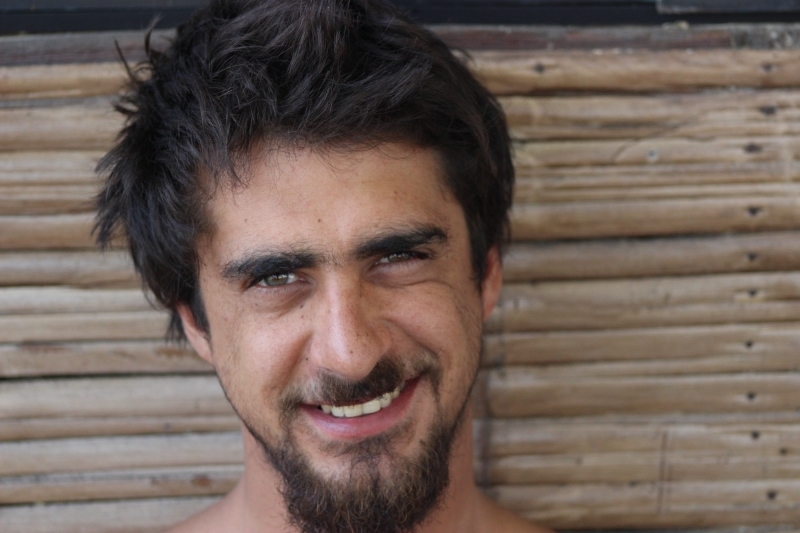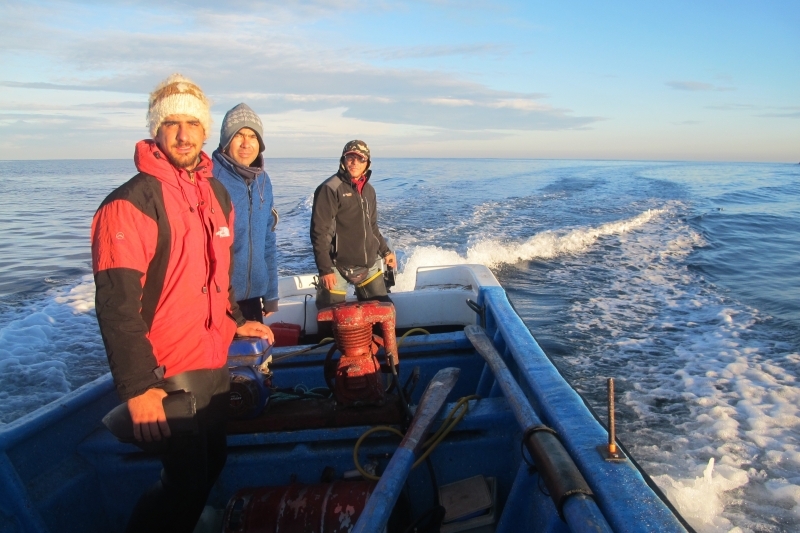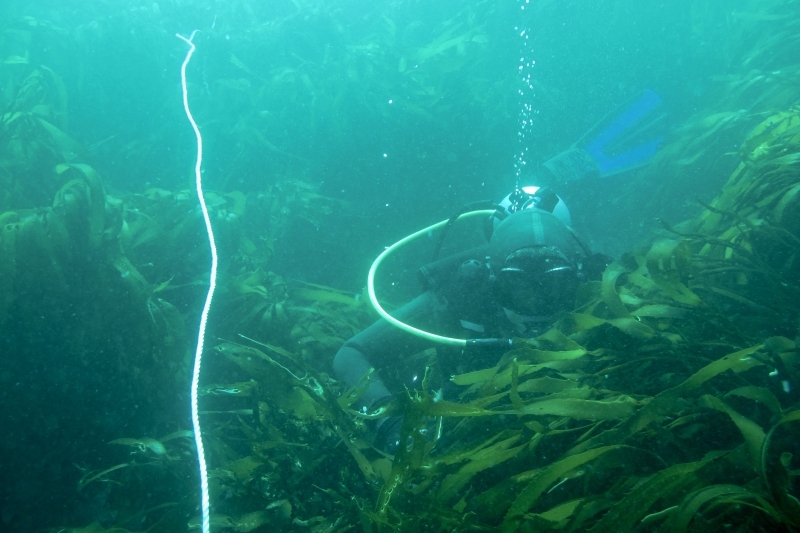Sebastián Tapia-Lewin graduated with an honors degree in Marine Biology from Austral University of Chile in 2013. As a lifelong surfer and diver along the Chilean coast, Sebastián developed a strong interest in both conserving coastal marine resources and improving the livelihoods of people that depend on them.
Before coming to Bren, Sebastián worked as a research assistant in Pontificia Universidad Católica for 3 years. While there, he conducted underwater surveys to explore the effectiveness of Territorial Use Right for Fisheries (TURFs) and Marine Protected Areas. He also participated in a baseline study and yearly follow-up assessments of the first bottom-up generated Marine Sanctuary in Chile. During his final year at PUC, he was in charge of a national-wide interview campaign with fishers engaged in TURF co-management. This field experience gave him an in-depth understanding of the social dynamics that underlie fisheries management in Chile.
Through his Ph.D. work at Bren, Sebastián aims to generate a better understanding of human responses to climate change in coastal systems. While documentation and predictions of marine species’ responses to climate change have greatly increased in recent years, we still know little about the human dimensions of adaptation to climate change. To date, the study of these human dimensions has focused on the idea of adaptive capacity, which addresses the ability of individuals and societies to cope with and respond to change. However, these studies have been mainly theoretical or descriptive and mostly based on case studies.
For his Ph.D. dissertation, Sebastián is exploring the human dimensions of climate change adaptation using a national-wide interview campaign coupled with agent-based modeling. First, Sebastián is assessing potential relationships between Adaptive Capacity indicators and actual adaptations of small-scale fishers to climate change effects in fisheries catch. He will then address the overall effect that these human responses have on the ecosystems that these fishers depend on. Sebastián hopes his research will inform and shape the evolution of existing institutions so they can integrate resilience-based management for small-scale fisheries in the light of a changing environment.
























































